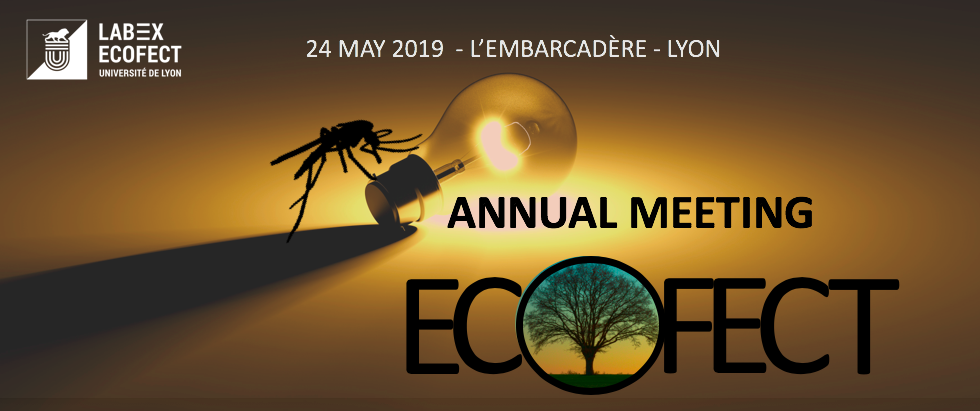
|
|
|
Invited speakers
Vanessa Ezenwa Website
Odum School of Ecology & Department of Infectious Diseases, College of Veterinary Medicine, University of Georgia, Athens (USA) Research interests Helminth-microparasite co-infection. Most animals are infected with multiple parasites simultaneously, and co-infection has interesting consequences for both host and parasite fitness. Helminth (i.e. parasitic worm) co-infection is particularly fascinating because these parasites can influence the mammalian immune system in ways that alter how hosts interact with intracellular parasites like viruses and many bacteria. Focusing free-ranging African buffalo in Kruger National Park South Africa, we are exploring the immunological and ecological consequences of helminth co-infection in the wild. Do helminths suppress the host immune response to intracellular pathogens? What are the consequences for the spread of pathogens like bovine tuberculosis? What’s the relative contribution of different members of the buffalo helminth community to these effects? Do co-infection outcomes depend on the environmental context? As an extension of our within-species studies, we are also interested in whether immune mediated interactions among parasites that occur within a host have the potential to explain cross-species or cross-population patters on infectious diseases.
Evan Snitkin Website Medical School, University of Michigan, Ann Arbor (USA) Research interests We are interested in the application of genomics to understand the epidemiology and evolution of antibiotic resistant bacterial pathogens. The paradigm in the lab involves close collaboration with experts in healtcare epidemiology, clinical microbiology and basic microbiology to design genomics-empowered studies that maximize clinical significance and evolutionary insights. Among the driving questions in the lab are:
|



